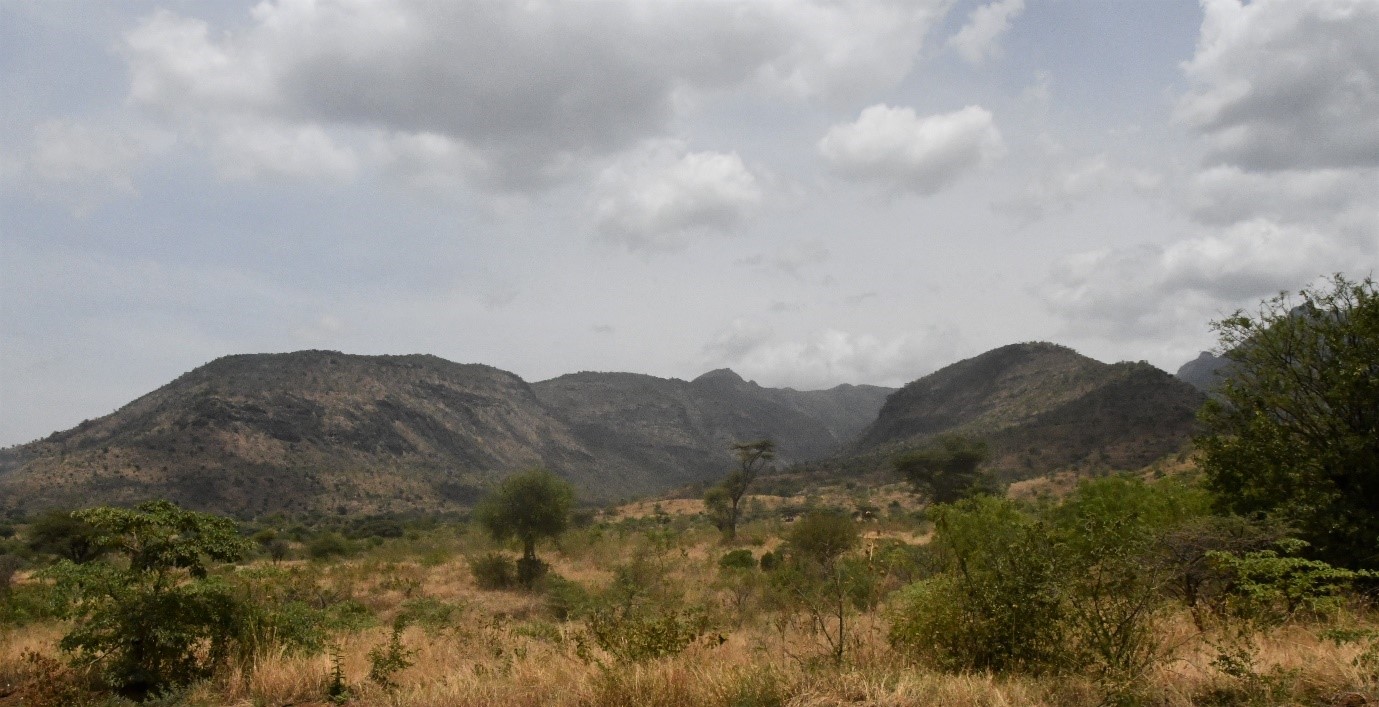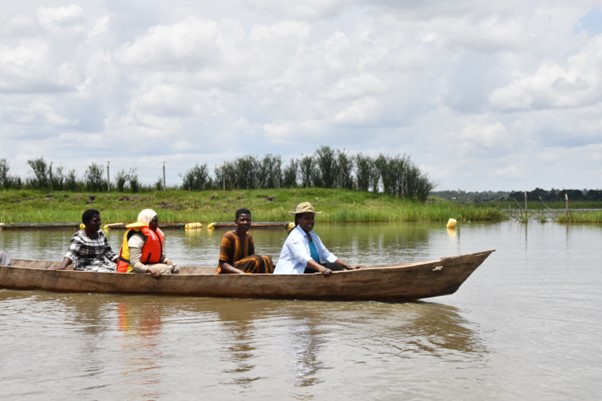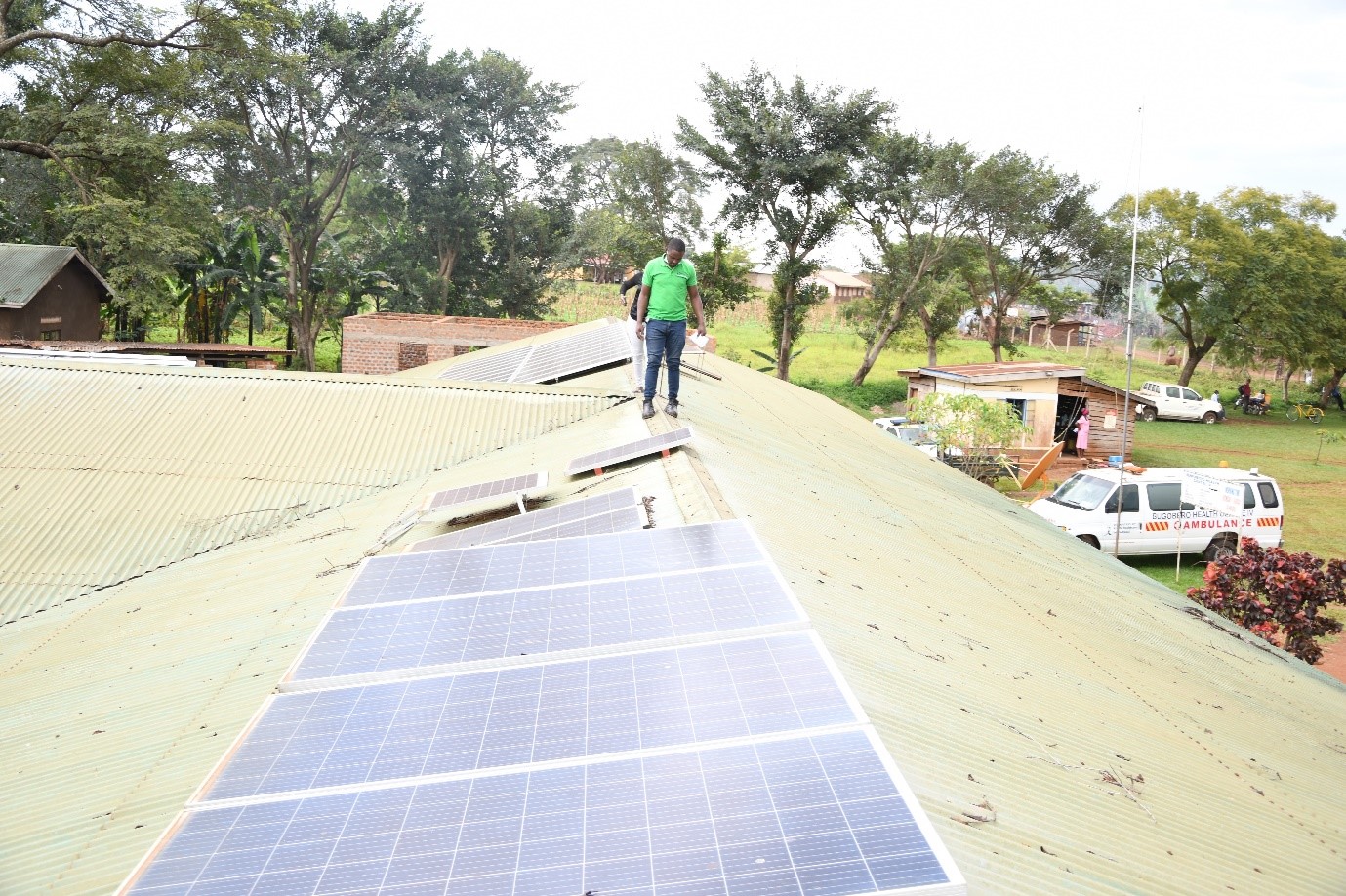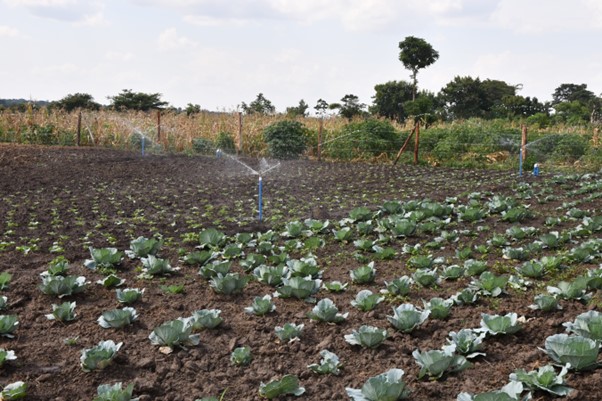UNDP is actively working towards preventing desertification in Uganda
June 19, 2023

The serene view of landscape of Moroto, located in Uganda's semi-arid sub region
Desertification refers to land degradation in dry areas resulting from climatic variations and human activities. The primary objective of the United Nations’ Global Desertification Action Plan is to sustainably enhance the productivity of arid, semi-arid, sub-humid, and other vulnerable landscapes to improve the quality of life for their inhabitants.
Desertification occurs when there is an imbalance in water and energy between the soil and the atmosphere, typically within plant ecosystems. Plants thrive in areas where there is a balance between incoming and outgoing energy, as well as water received and lost. Therefore, they suffer when this balance is disrupted. Human activities, such as overgrazing, deforestation, unsustainable farming practices, urbanization, climate change and natural disasters accelerate desertification across Africa.
Africa, with its high dependence on natural resources for food and income, is particularly vulnerable to desertification. The effect of desertification on human livelihood around the world has led to the establishment of the United Nations Convention to Combat Desertification (UNCCD) with the objective to create a resilient livelihood base and secure long-term benefit for people living in areas affected by desertification, while enhancing the healthy functioning of ecosystems.
It is against this backdrop that the United Nations Development Programme (UNDP) in Uganda has collaborated with partners to prevent desertification in the country. Some UNDP initiatives include:

Ms. Sheila Ngatia (Infront), UNDP Deputy Resident Representative accompanied by project beneficiaries at Limoto wetlands demonstration site
Ecosystem Restoration, particularly of wetlands and terrestrial ecosystems, aimed at protecting and promoting the sustainable use of water resources. This effort is evident in the Wetlands Restoration Project in western and eastern Uganda.
Natural Resource Management and conservation through promoting tree planting in various spaces, including public areas like schools and community lands, as well as monitoring of national forest reserves to enforce anti-encroachment laws. Initiatives such as the Greening Schools Project, Food Security Project in Karamoja, and NARIS Project are promoting these efforts.
Encouraging the use of modern and efficient technologies when converting wood into charcoal, reducing the amount of wood harvested from natural habitats. The Green Charcoal project has been instrumental in this area, utilizing technologies such as casamance and retort kilns to improve charcoal production efficiency.

Solar panel installations at Bugobero health centre IV in Bulambuli district
Promoting energy-efficient stoves at both household and institutional levels, as well as replacing wood fuel with solar solutions for heating and cooking. The Food Security Project in Karamoja and the Solarization Project associated with Uganda’s Nationally Determined Contribution (NDC) implementation have played vital roles in these initiatives.
Advocating for Climate-Smart Agriculture practices such as minimum tillage, precise application of fertilizers, mulching and use of cover crops, early planting, and intercropping. These practices reduce soil erosion, improve drainage, enhance soil fertility and increase agricultural productivity through initiatives such as the CSA Project.
Encouraging landscape and ecosystem-based management approaches to protect vulnerable agricultural lands, such as those on the slopes of Elgon and Rwenzori Mountain Ranges. These approaches prevent natural and climate-related disasters such as landslides and downstream floods. The Integrated Landscape Management Project in Mt Elgon has been involved in such efforts.

A functional drip irrigation system at Limoto wise use of wetlands demonstration site
Promoting micro-irrigation or drip irrigation systems for small to medium-scale farmers, as they are more efficient compared to flood or sprinkler irrigation methods that have a higher potential for soil salinization. This approach also helps prevent overuse of groundwater which is essential for preventing desertification. The Food Security Project in Karamoja has been instrumental in promoting this practice.
Facilitating rangeland restoration through the multiplication and distribution of pasture seed to improve productivity and carrying capacity. This approach contributes to the sustainable management of rangelands.
Supporting animal breed improvements to encourage fewer animals per unit area while maintaining higher productivity. This helps reduce overgrazing without compromising the livelihoods of pastoralists.
These actions contribute to tackling the negative consequences of desertification, such as loss of biodiversity, increased food insecurity due to crop failure or reduced yields, loss of vegetation cover, and heightened risk of zoonotic diseases. Sustainable Development Goal 15 (Life on Land) of the 2030 Agenda seeks to protect, restore and promote sustainable use of terrestrial ecosystems, sustainably manage forests, combat desertification, and halt and reverse land degradation and biodiversity loss.
In Uganda and across the African continent, reducing the prevalence and impact of desertification has great potential to improve livelihoods, spur economic growth, health, and wellbeing. By addressing these areas comprehensively and inclusively, Uganda can strive towards sustainable development, poverty reduction, and improved quality of life for its citizens. UNDP's vision is centred around promoting sustainable development that prioritizes the welfare of people and the planet. It emphasizes the integration of nature into development strategies, human well-being, climate action, the achievement of the SDGs, and multi-stakeholder collaboration to create a more sustainable and inclusive future. It is essential to recognize and thank all our partners for their dedication, expertise, and commitment to preserving Uganda's natural ecosystem and biodiversity. Their contributions are vital in ensuring the long-term health and sustainability of Uganda's natural resources and the well-being of its people.
Written by Sarah Mujabi, Programme Officer; and Joel Akena, Communications Assistant.

 Locations
Locations